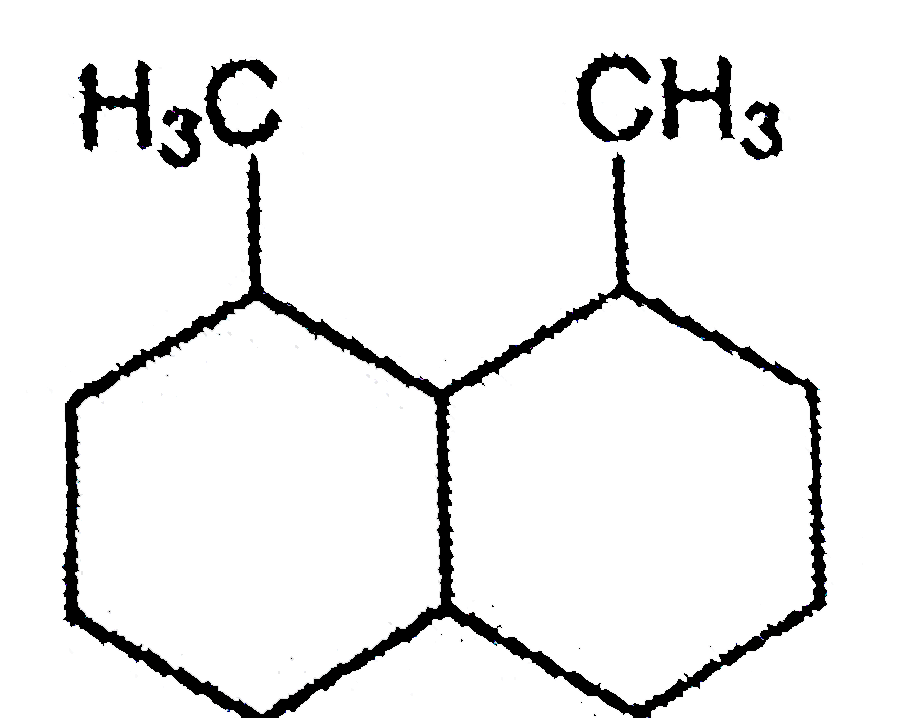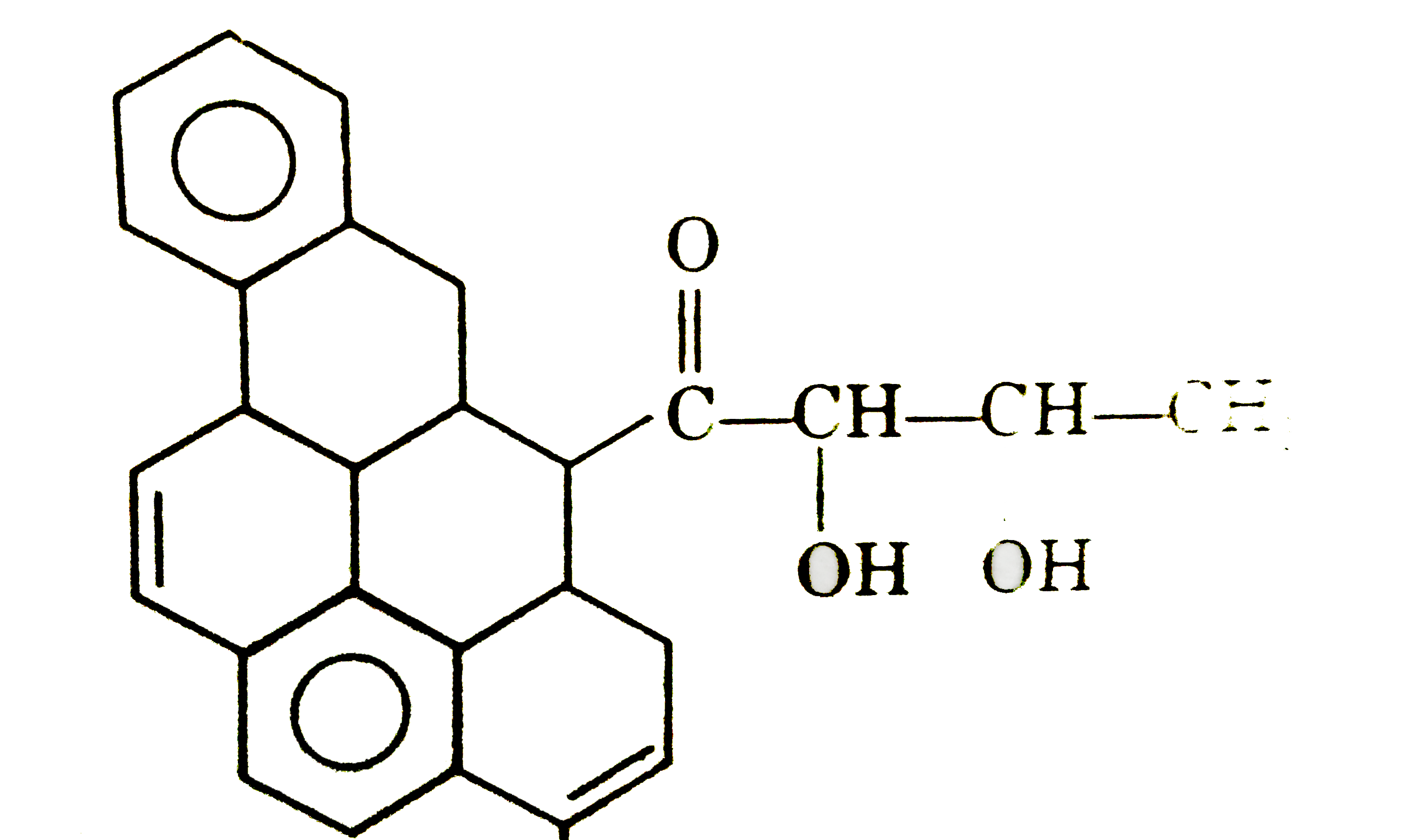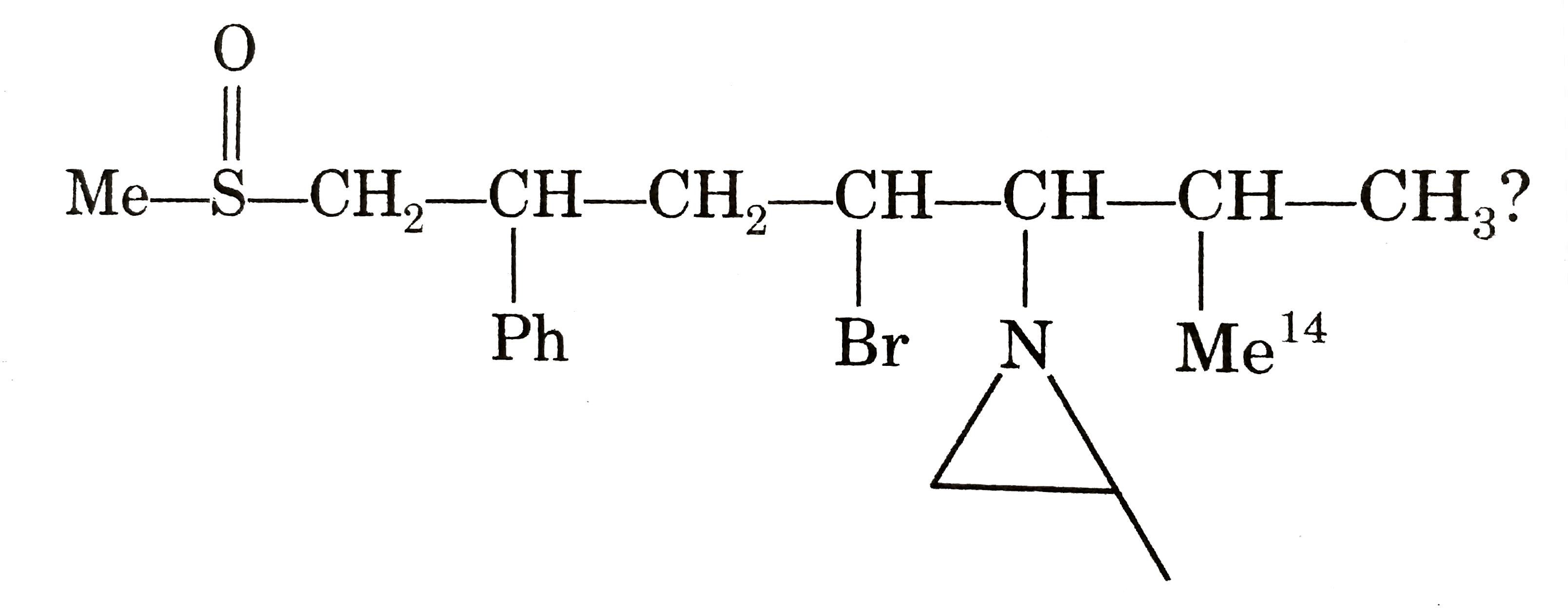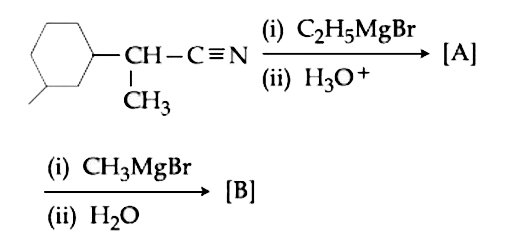On chiral centre there is always ........... in S1N reaction
100% racemization
Inversion more than retention leading to partial racemization
100% retention
100% inversion
The correct Answer is:B
Inversion product will be more than retention product due to close ion pair formation
Topper's Solved these Questions
- BOOK - ERRORLESSCHAPTER - GENERAL ORGANIC CHEMISTRY EXERCISE - ASSERTION AND REASON14videos
GENERAL ORGANIC CHEMISTRY
- BOOK - ERRORLESSCHAPTER - GENERAL ORGANIC CHEMISTRY EXERCISE - NCERT BASED QUESTIONS (Structural and Stereo Isomerism )99videos
GENERAL ORGANIC CHEMISTRY
- BOOK - ERRORLESSCHAPTER - ENVIRONMENTAL CHEMISTRYEXERCISE - ASSERTION & REASON7videos
ENVIRONMENTAL CHEMISTRY
- BOOK - ERRORLESSCHAPTER - HYDROCARBONSEXERCISE - ASSERTION & REASON18videos
HYDROCARBONS
Similar Questions
Knowledge Check
- Question 1 - Select One
Rate of SN1 reaction is :
 AS>Q>R>PBS>R>P>QCP>Q>R>SDS>R>Q>P
AS>Q>R>PBS>R>P>QCP>Q>R>SDS>R>Q>P - Question 2 - Select One

Number of chiral centres inA1B2C3D4 - Question 3 - Select One
The chiral centre is absent in :
ADCH2−CH2−CH2−CIBCH3−CHD−CH2−CICCH3−CHCI−CH2DDCH3−CHOH−CH2−CH3
How many chiral centres are present in
 View Solution
View SolutionHow many chiral centres are present in
 View Solution
View SolutionGeometry of reaction intermediate in SN1 reaction is
View SolutionSN1 reaction is faster in
View SolutionAliphatic nucleophilic substitution is mainly of two type SN1 and SN2.SN2 reaction proceed with strong nucleophile in polar aprotic solvent. 3∘ halides do not give SN2 reaction. Inverted products are obtained in this reaction and mechanism of reaction occurs through the formation of transition state.
SN1 reaction proceed through the formation of carbocation in polar aprotic solvent. Solvent itself acts as nucleophile in this reaction. Racemization takes place in SN1 reaction.
Which of the following compounds will give SN1 reaction ?View Solution



 It has chiral centre
It has chiral centre